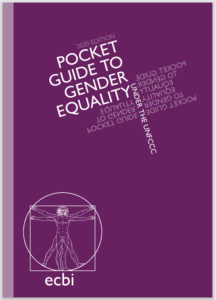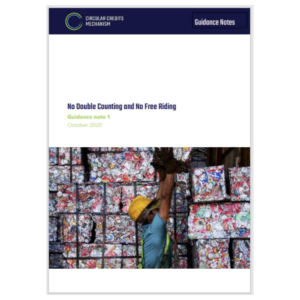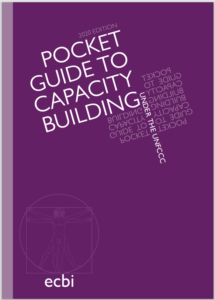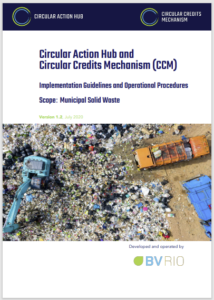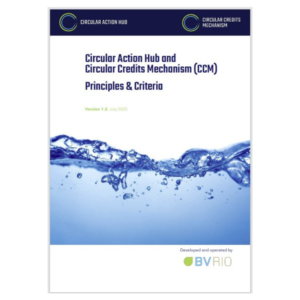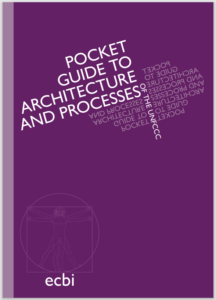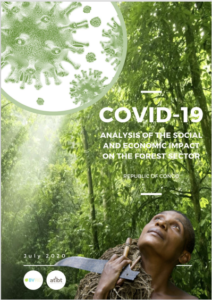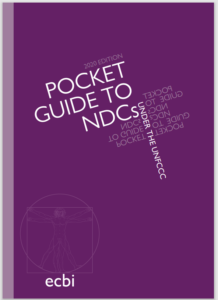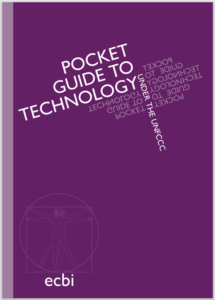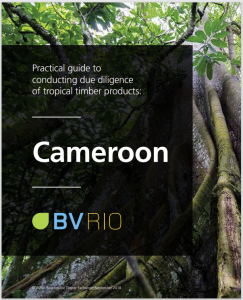Superseded in 2024, this document provided information on how to apply the Circular Action Hub’s Principles and Criteria for Circular Credit Mechanism (CCM) projects involving the recovery and recycling of Municipal Solid Waste (MSW).
The Implementation Guidelines aim to assist users in the application of the Principles & Criteria to MSW projects. Following the “Learning by doing” principle, additional guidance documents will be provided as more projects are developed and more information is gathered about different approaches and different circumstances, to ensure a continuous improvement of the CAH’s Principles & Criteria and its guidelines.
The Operational Procedures describe the process to register and implement CCM projects, as well as the internal governance procedures to analyse and monitor these projects.
VIEW CURRENT VERSION (2024)
Download
